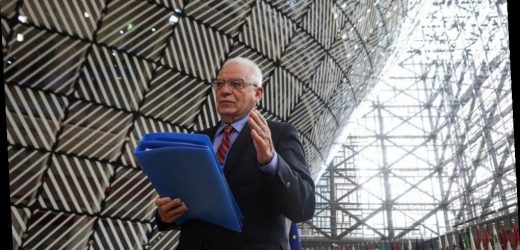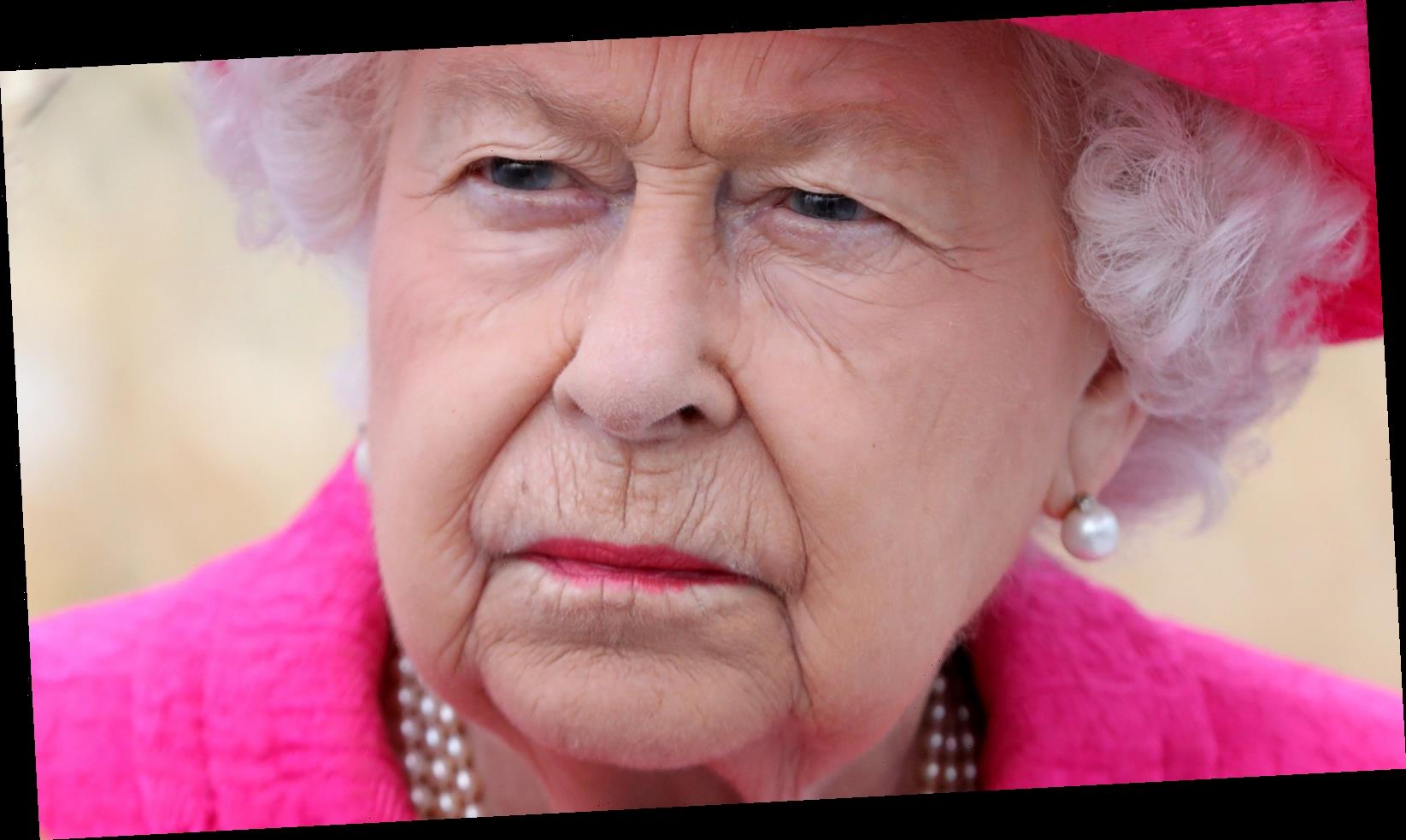BRUSSELS — The European Union on Monday imposed sanctions on four Chinese officials accused of responsibility for abuses against Uyghur Muslims in a raft of measures targeting alleged human rights offenders around the world, despite warnings that Beijing could retaliate.
The four are senior officials in the northwest region of Xinjiang.
The sanctions involve a freeze on their assets in the EU and a ban on them traveling in the bloc. European citizens and companies are not permitted to provide them with financial assistance.
China at first denied the existence of camps for detaining Uyghurs in Xinjiang but has since described them as centers to provide job training and reeducate those exposed to radical jihadi thinking. Officials deny all charges of human rights abuses there.
Xinjiang had been a hotbed of anti-government violence, but Beijing claims its massive security crackdown brought peace in recent years.
Last week, China’s ambassador to the EU, Zhang Ming, suggested that Beijing would retaliate.
“We want dialogue, not confrontation. We ask the EU side to think twice. If some insist on confrontation, we will not back down, as we have no options other than fulfilling our responsibilities to the people in our country,” he said.
The new EU sanction system is similar to the Magnitsky Act — Obama-era legislation that authorizes the U.S. government to sanction those it sees as human rights offenders, freeze their assets and ban them from entering the United States.
EU foreign ministers, as part of Monday’s move, also imposed sanctions over repression in North Korea, “extrajudicial killings and enforced disappearances in Libya, torture and repression against LGBTI persons and political opponents in Chechnya in Russia, and torture, extrajudicial, summary or arbitrary executions and killings in South Sudan and Eritrea,” a statement said.
Source: Read Full Article


